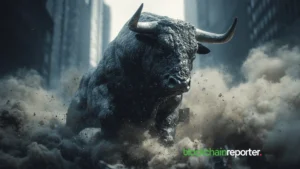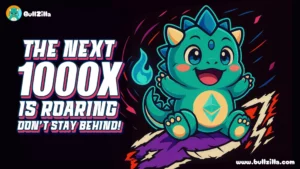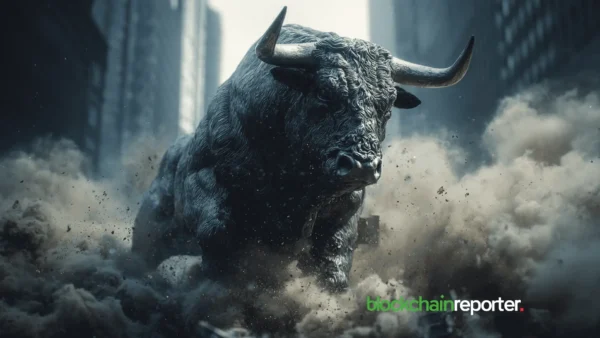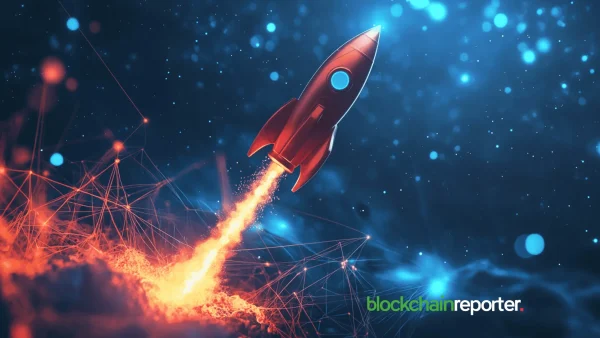
Venezuela, a South American country rich in natural resources is quickly unraveling as its national currency is collapsing. Loathe to accept fiat; vendors are turning to new ways to receive payment. Cryptocurrencies are gaining popularity, with more stores every week starting to take BTC, ETH – and Dash.
Hyperinflation
Venezuela’s economy has suffered dramatically in recent years. Since November 2016 the country has been in hyperinflation, with the current rate of inflation as high as 33,000 percent, according to international observers. President Nicolás Maduro last weekend announced measures to attempt to reign in the runaway inflation, including a 95 percent devaluation of the Bolívar.
Citizens are skeptical that these measures will have any lasting effects, however, with both workers and businesses loathe to hold the national currency any longer than necessary, fearing that their money will lose a measurable amount of value by tomorrow. As with Zimbabwe and Weimar Germany before it, the hyperinflation in Venezuela has also wiped out the savings of many members of the working and middle class.
Crypto to the Rescue
Though crypto has not exactly held its value in 2018, the lack of inflation is something that appeals to many, even more so in a country going through hyperinflation like Venezuela. Bitcoin may drop 10% by tomorrow, but if it does there is at least the likelihood that it will recover. It is primarily the two largest coins, Bitcoin and Ethereum that are starting to see adoption in Venezuela. But there are a few surprising contenders as well, including DASH and NANO.
Currently sitting at rank 14 by market cap, Dash claims to be seeing tens of thousands of wallet downloads from the country each month, with almost 100 new retailers beginning to accept the currency this week. This makes Venezuela the second largest adopter of Dash after the US, beating out even Russia and China.
Most crypto projects are open source. Dash, however, is not, with the Dash Core group retaining the rights to the code. They also take 10% of the fees miners earn. Some of this money, however, goes into encouraging adoption of the currency, with $1 million invested by the group into Venezuela so far. However things develop in Venezuela from here, once vendors start accepting crypto, they seldom stop, and as unfortunate as the crisis there is, it has allowed crypto to get its foot in the door.









